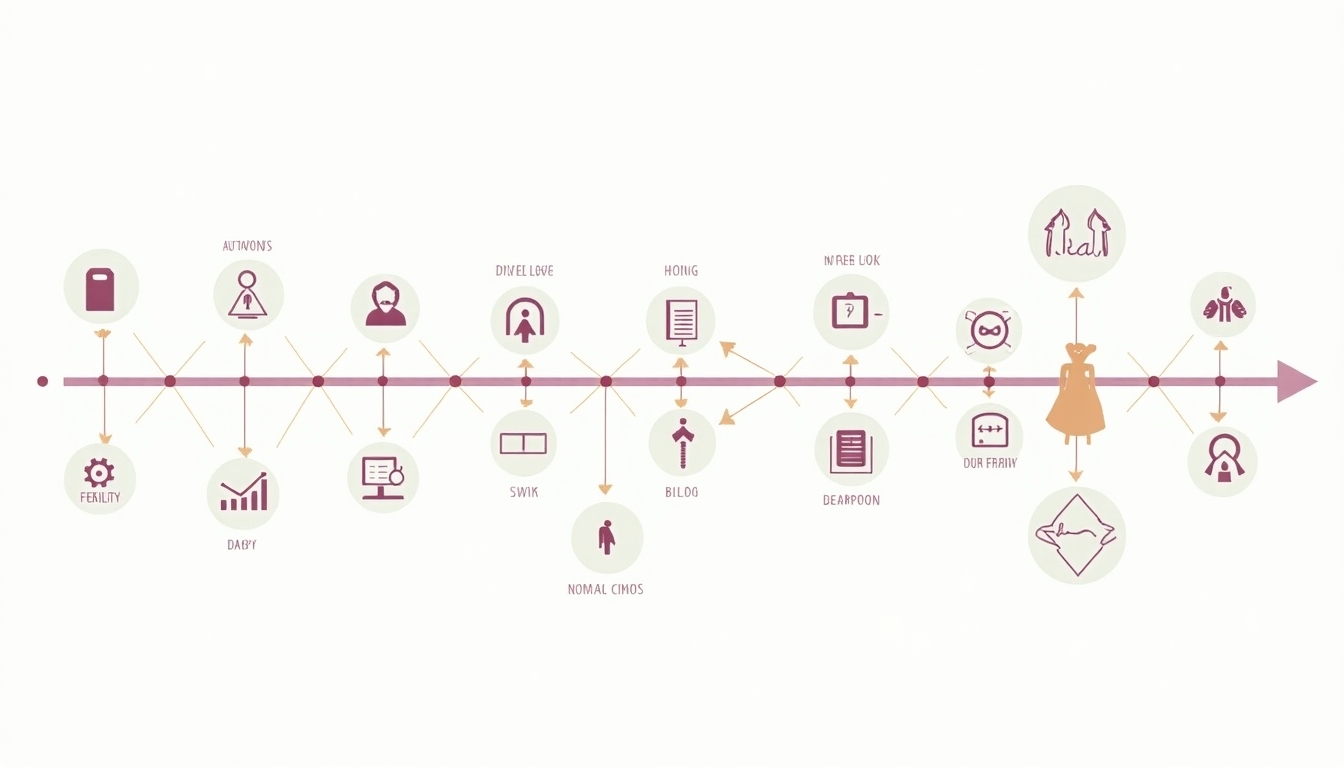Unexplained Infertility and Age: A Comprehensive Guide
Feb. 13, 2025, 5:05 p.m.
Unexplained Infertility and Age Factors: Exploring the Complex Journey
Unexplained infertility can be a challenging and emotional journey. Understanding how age factors into this issue can empower couples to make informed decisions.

Understanding Unexplained Infertility
Unexplained infertility occurs when couples who have been trying to conceive for over a year have no identifiable cause of infertility. This uncertain diagnosis affects about 15-30% of couples struggling with fertility issues. What makes unexplained infertility particularly frustrating is the lack of clear direction for treatment.
Causes and Challenges
- Complex Interactions: Infertility can result from subtle interactions between multiple, undiagnosed factors.
- Diagnosis: Standard tests may fail to detect underlying problems, such as sperm quality issues or subtle ovulation disorders.
- Emotional Impact: Receiving no clear answers can lead to feelings of helplessness and anxiety.

Age Factors in Infertility
Age plays a significant role in fertility, especially for women. Female infertility is often linked to age-related decline in fertility.
Age and Fertility
- Women's Fertility:
- Fertility peaks during a woman's twenties and begins to decline significantly after 35.
- The quantity and quality of a woman's eggs decrease with age.
- Men's Fertility:
- While men remain fertile much longer than women, sperm quality can decline with age.
Both biological and lifestyle factors contribute to this decline, and understanding them can help couples plan better.

Strategies to Manage Unexplained Infertility and Age
Despite these challenges, there are several strategies couples can employ:
- Seek Early Professional Advice: Engage with fertility specialists early to evaluate all potential issues.
- Lifestyle Changes:
- Adopting a healthier lifestyle, including balanced nutrition and regular exercise, can enhance fertility.
- Reducing stress through mental health support, yoga, or meditation can be beneficial.
- Explore Treatment Options:
- Consider treatments such as IVF, IUI, or fertility medications, as recommended by your healthcare provider.
- Stay Informed and Supportive:
- Keep communication open between partners and consider counseling to manage emotional strain.

Personal Insights and Real-Life Experiences
Many couples struggling with unexplained infertility find solace in sharing their experiences with others. Listening to stories of persistence, exploration of alternative treatments, and the emotional support within the community can be incredibly empowering.
Learn From Others
- Join support groups and online forums to connect with others facing similar challenges.
- Share your own story to help and inspire others. It's a validating way to find support and insight.
Conclusion
Although unexplained infertility linked to age factors can be daunting, the key is to remain proactive and informed. By understanding both personal and medical insights, couples can navigate this challenging path with a clearer vision. Remember, you are not alone in this journey, and solutions are within reach.

Recommended Readings
- **"Navigating Your Unique Fertility Journey: Insights and Support"
- "Advancements in Fertility Treatments: What You Need to Know"
- "Understanding Emotional Well-being during Fertility Challenges"